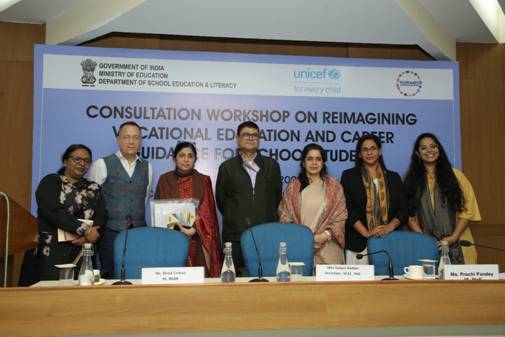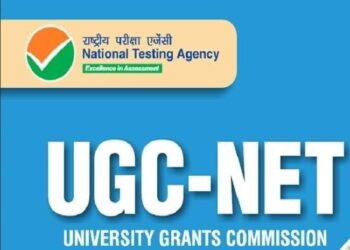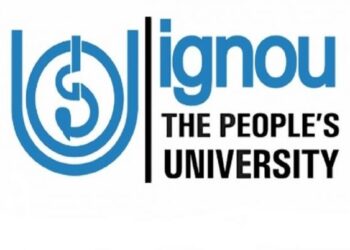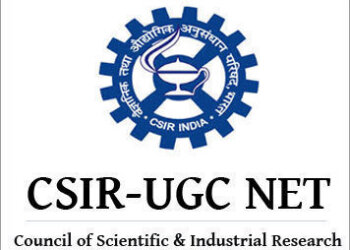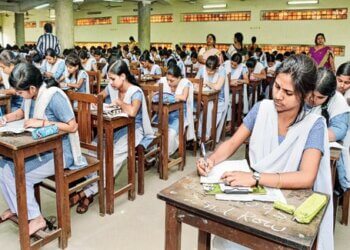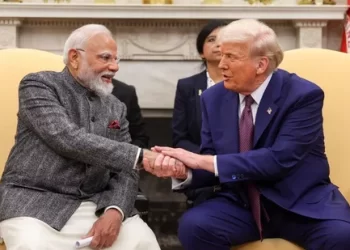The Ministry of Education organized a one-day Consultation Workshop on Reimagining Vocational Education and Career Guidance for School Students in collaboration with UNICEF and YuWaah on 16th December 2022 at New Delhi.
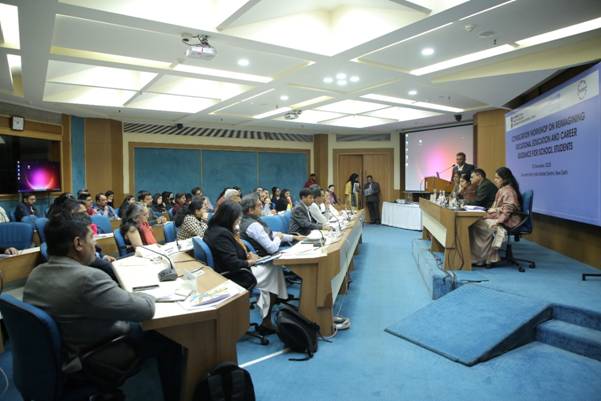
Secretary, Department of School Education and Literacy, Shri Sanjay Kumar, chaired the consultation workshop and two roundtable interactions with Ministry of Skill Development and Entrepreneurship, Directorate General of Training (ITI), PSSCIVE,Bhopal, NCERT, CBSE, NCVET,AICTE etc. The workshop and roundtable interaction were also attended by various experts from PwC, YuWaah, Civil Society organizations, state education department, practitioners and organisations working in the fields of vocational education and career counselling, corporates and current and passed out students.
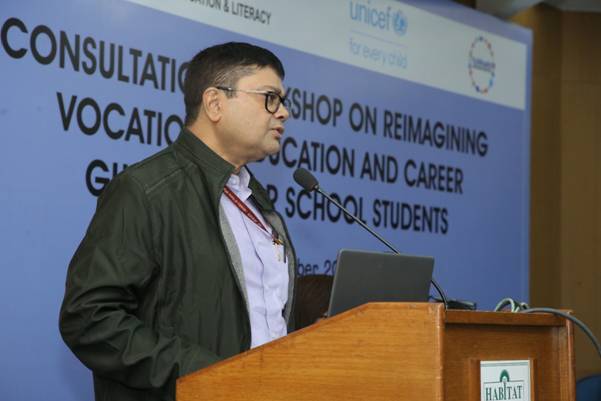
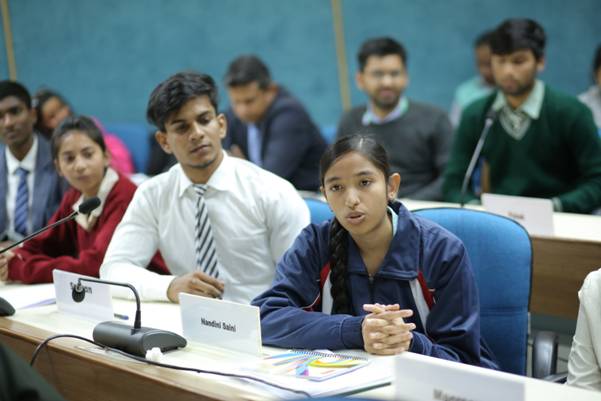
During the keynote address, Secretary, Department of School Education and Literacy, Shri Sanjay Kumar, pointed out that India needs to catch up with other countries in terms of skilling the workforce through formal vocational training during the student years. NEP 2020 has identified such issues and has suggested remedial measures, he added.
Shri Kumar pointed out that as per NEP, 2020 Vocational Education needs to be integrated into all schools and higher education institutions in a phased manner over the next decade. Trades and Courses shall be chosen based on skills gap analysis and mapping of local opportunities to make it demand driven. Concerted efforts from all stakeholders will be required to de-stigmatizeVocational Education and make it aspirational. The National Credit Framework, currently under finalization by the Ministry of Skill Development and Entrepreneurship will also eliminate traditional hierarchies and silos between different areas of learning. It will help in removing complex separations between arts and sciences, between curricular and extra-curricular activities, between vocational and academic streams, etc. By providing credits for academic, extra-curricular and experiential learning, NCrF will help dropouts from the formal education system to get reintegrated by aligning their practical experience with the appropriate Framework level.
The consultations were also addressed by Ms. Dhuwarakha Sriram Chief of Generation Unlimited (YuWaah), Youth Development and Partnerships and Mr. Terry Durian, Chief of Education, UNICEF. Various ideas related to reimagining, reinventing vocational education modules etc. were discussed at length. Importance of life skills – both vertical and horizontal, aspirational disconnect and information asymmetry in uptake of vocational education school,giving a gender perspective to vocational education, etc were also focus of these discussions.In the light of newly launched National Education Policy, 2020 the aim should be to empower students with skills such as cloud computing, artificial intelligence, machine learning, data analytics, robotic process automation, cybersecurity, etc. so that vocational graduates could compete in the global economy. The need to establish virtual labs, so that all students have equal access to high-quality practical and hands-on experience, was also stressed upon. The Conference also benefitted from the feedback from students who have taken vocational courses like Multi-Skilling course and Information Technology course.
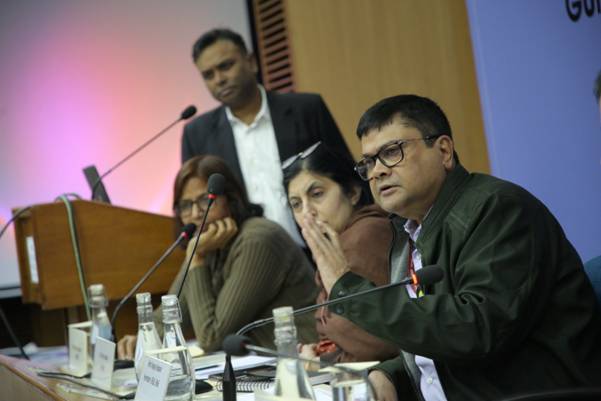
The 2nd Roundtable deliberated upon the current systems of career counseling in schools and what are the key learnings and best practices. Secretary, DOSEL stated that solutions should focus on building an institutional model of career counseling in schools with scale, speed and sustainability utilising technological innovations including artificial intelligence. He also stated that there was a need to map resources and build a database of the same. Discussions on career guidance also reflected on the role of physical interventions and career counselling that could be done in schools itself.







 Finance
Finance